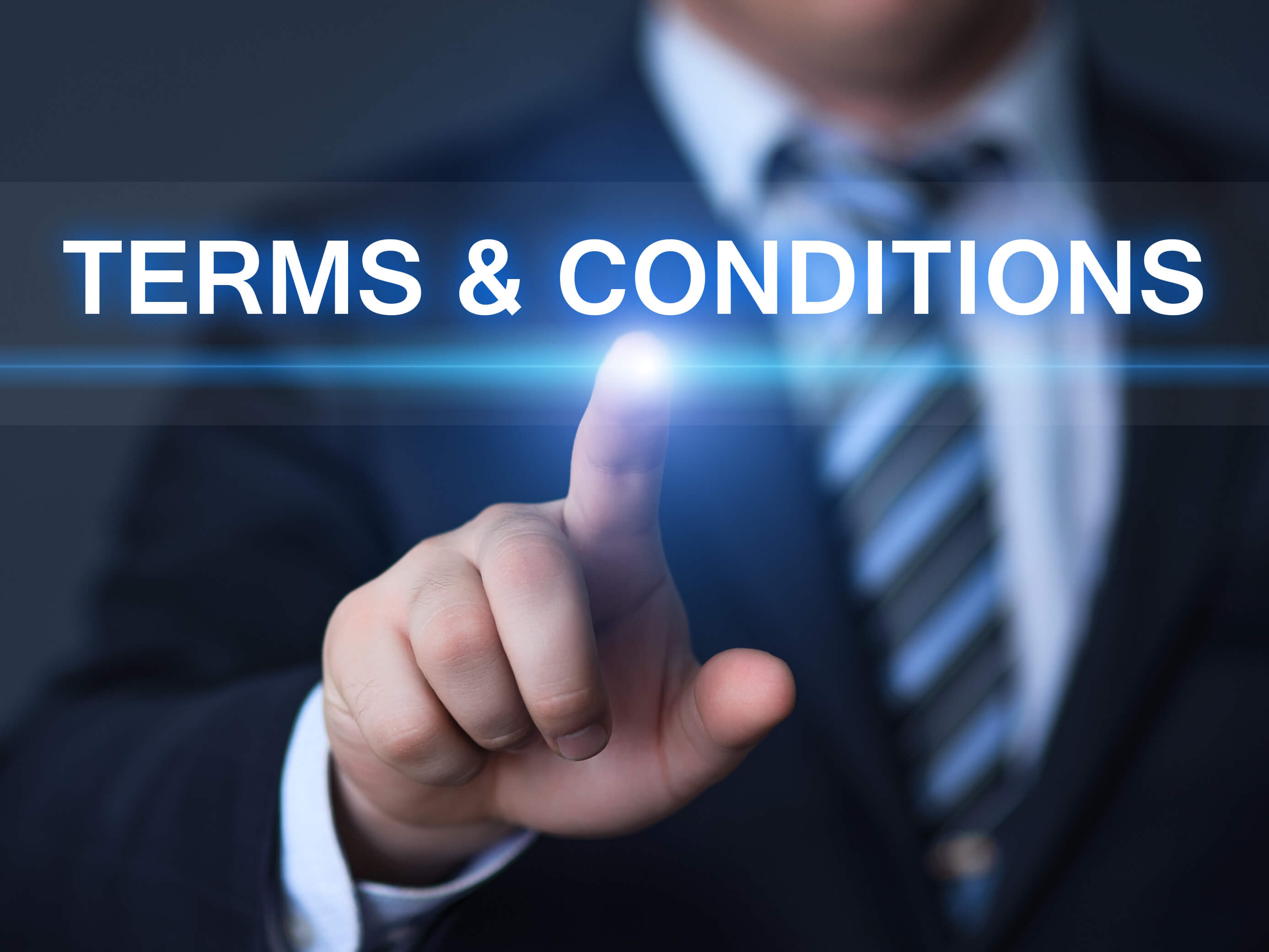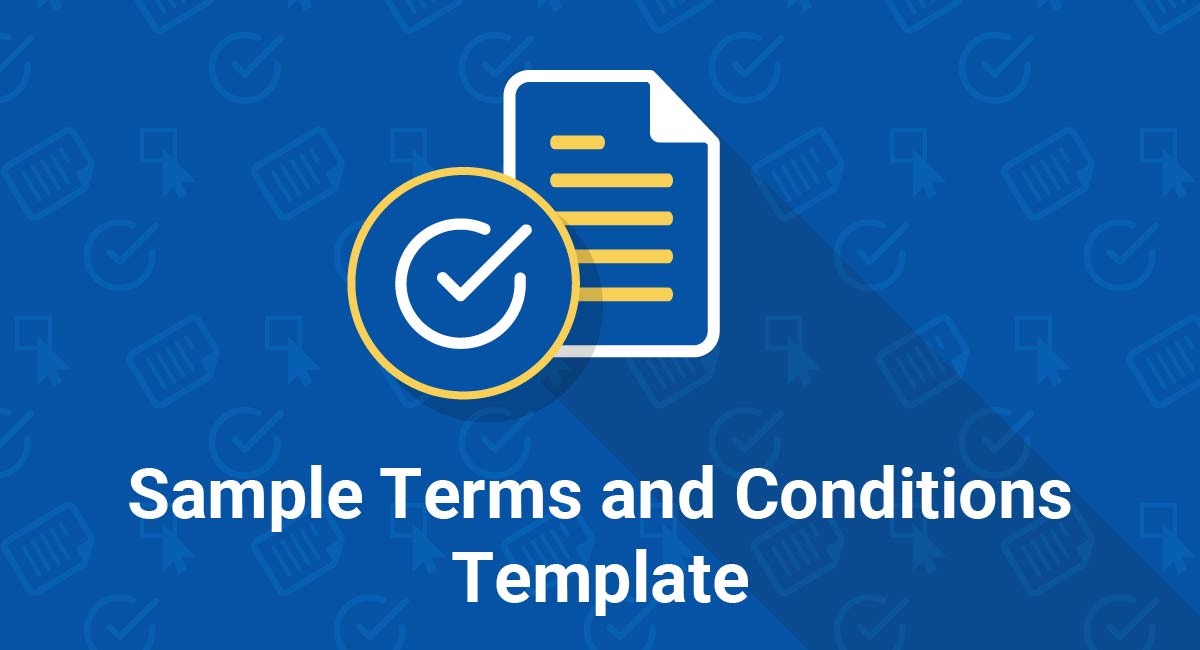Lenders will always want to get as much out of us as they possibly can, and when it comes to hidden credit card charges, this is where most of them shine. When signing your contract with a potential lender, you may not have the time to read through the whole document, or you may not even understand the language used.
As such, you may end up paying small, avoidable expenses all the time. Banks actually make billions from overdraft fees alone. Utility companies keep track of late fees whenever your payment is a little late and they capitalize on this.
In this review, we take a look at credit card terms and conditions, also known as the “fine print”. This is what you should look out for, so you can know the exact charges the card has. With such knowledge, it is very easy for you to identify when you have been overcharged, or charged for something that was not previously agreed upon.

Main Credit Card Charges
Credit cards come with many associated charges, and they are usually included in the terms and conditions. The following are the most commons one that you should be aware of.
Interest Charge
Every credit card you apply for will have a specified interest charge, and if you happen to carry a balance on the card, this shall cost you dearly, especially when you have only been paying the minimum payment only on the card.
For example, if you charge $2,000 on your card for purchases, and then pay this amount within 30 days, you will not pay anything extra in the form of interest charges.
But if you decide to pay just the minimum amount of 2% each month instead of the whole amount, then interest charges will accrue from this and get added to your outstanding balance to be paid.
Cash Advance Charges
If you are ever in a pinch and would like to take out some cash from your credit card, then you may end up paying much more than you expected.
This is called a cash advance, and the associated cash advance rate will charge an even higher interest rate on this transaction. Interest on cash advances usually starts accruing the same day the transaction goes through. This means there is no grace period to try to avoid the interest.
There may also be a cash advance fee for the transaction, either a percentage of a minimum dollar amount.
Changing Rates
There are many circumstances that the credit card company will choose to increase your interest rate, which means that you will end up paying more interest on purchases.
For example, if your credit score drops for whatever reason, you should note what happens to your card’s interest rate as chances are it will go up.
Replacement Card Fees
If you lose your card and would like to get a new one, ensure that you read the terms and conditions about the procedure, and how much the company will charge you for a replacement.
Some may do it for free, which is rare, but most lenders will charge you for this.
Application Fees
In some cases, the lender may charge you for applying for the credit card. This information should be provided to you beforehand, and you shouldn’t just find a debit on your account that you did not authorize.
Be sure to read the terms and conditions so you can see the type of charges the lender is applying on your new credit card.

Conclusion
Because these charges are usually included in the fine print or the terms and conditions, which you must sign when applying for the card, it’s next to impossible to win a lawsuit against such a lender.
What you should therefore do is ensure that you read each and every part of the document in detail so you can understand the type of charges your card is going to accrue.
